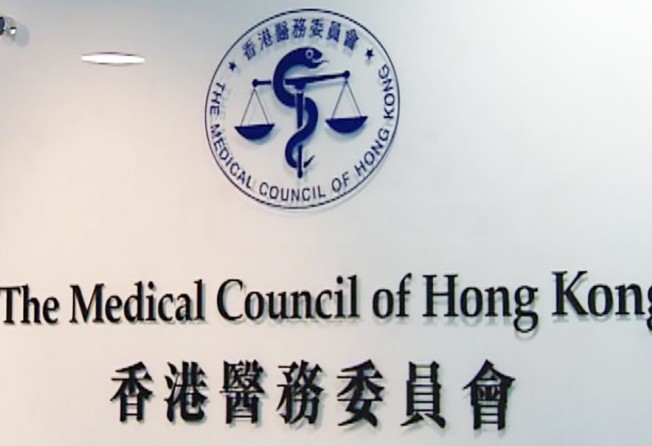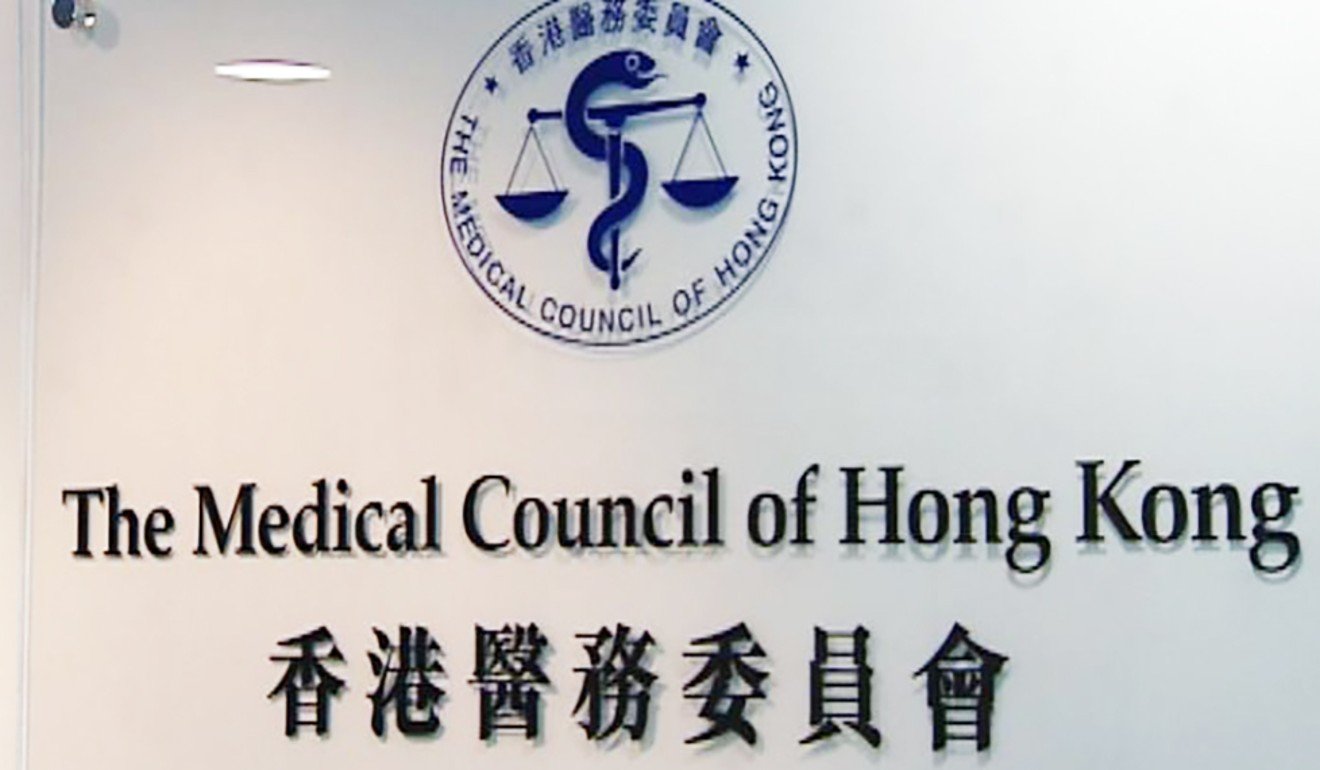Disappointment across the board as Hong Kong Medical Council rejects solutions to solving city’s shortage of doctors
- Four proposals turned down at meeting as council chairman says ‘I’ve done everything I can’
- The government, a major doctors’ association and a patients’ group have expressed their frustration

Hong Kong’s medical watchdog has torpedoed proposals to fully exempt foreign-trained doctors in the city from having to do an internship locally as a way of a solving a chronic staff shortage on public hospital wards.
The government, a major doctors’ association and a patients’ group all expressed disappointment after the Medical Council rejected all four options floated at a meeting on Wednesday afternoon.
The proposals were aimed at attracting more overseas doctors, to relieve the overburdened public health care system, which is short of about 300 doctors at any given time. Doctors and nurses have recently spoken out over their workload.
Four possible exemption conditions were on the table. One would have required three years’ work experience with the Hospital Authority, one of the city’s two medical schools or the Department of Health, as well as passing the licensing exam during that time.
Another would have required overseas doctors to work for those public institutions for three years after taking the exam.
The other two had a similar requirement on time spent in the public sector, but limited it to working with the authority.
Overseas-trained specialists can already apply for exemptions from part of the 12-month internship after passing the licensing exam.
Professor Joseph Lau Wan-yee, the council’s chairman, said he had done what he could to find a solution members could agree on.
“I can only say I have done my best,” he said. “I have done everything I can and have spoken to many people.”
He said he would need to look over other possible options to address the shortage of doctors in the city.
“If arrangements for those who have already received [specialist] training cannot be relaxed, I think it would be even more difficult to relax [arrangements] for other types of doctor,” Lau said, referring to doctors who are receiving specialist training, and those who had just graduated from medical schools and completed their internship outside Hong Kong.
Asked why all the proposals were rejected by the council – which oversees the registration of doctors in the city – Lau would not elaborate, saying only that members voiced lots of opinions during the meeting.
A government spokesman expressed “regret and disappointment” over the outcome, saying officials would continue to explore different possible solutions to the staff shortage.

Dr David Lam Tzit-yuen, vice-president of the Medical Association, the city’s largest doctors’ group, was similarly disappointed.
“The Medical Association has actually reached a consensus that internships [for overseas-trained specialists] could be subject to exemptions,” Lam said. “Any one of those proposals is better than the situation remaining unchanged.”
Lam, who is also a Medical Council member and was at Wednesday’s meeting, did not disclose which proposals he had supported, saying only that he voted for and against some proposals but did not abstain.
Executive Council member Dr Lam Ching-choi, who earlier called for the sector to do more to attract overseas-trained doctors, also said he was frustrated and surprised by the outcome.
He said the council should explain why no proposal made the cut.
“There should be an explanation to the public on what has not been accepted – whether the period of staying in the public sector is too short, or whether there aren’t enough restrictions,” he said.
And the Society for Community Organisation, which works on issues including patients’ rights, voiced its fury at the lack of progress.
“We feel extremely angry as doctors have neglected the needs of the public and the safety of people’s lives out of the protection of the sector’s interests,” the organisation said in a statement.
It added that rejecting the proposal to fully exempt those who had worked in the public sector for three years and had passed the licensing exam meant the shortage of doctors would persist.
The Hong Kong Academy of Medicine, the city’s medical specialist training institution, said it was surprised at the news and that it hoped for a breakthrough in future.
“The public and the medical sector have generally agreed the city is facing a severe shortage of medical manpower, and that something is needed to improve the efficiency of our health care service, and the morale of overworked public doctors,” the academy said in a statement. “We hope that the Medical Council will revisit this matter soon.”